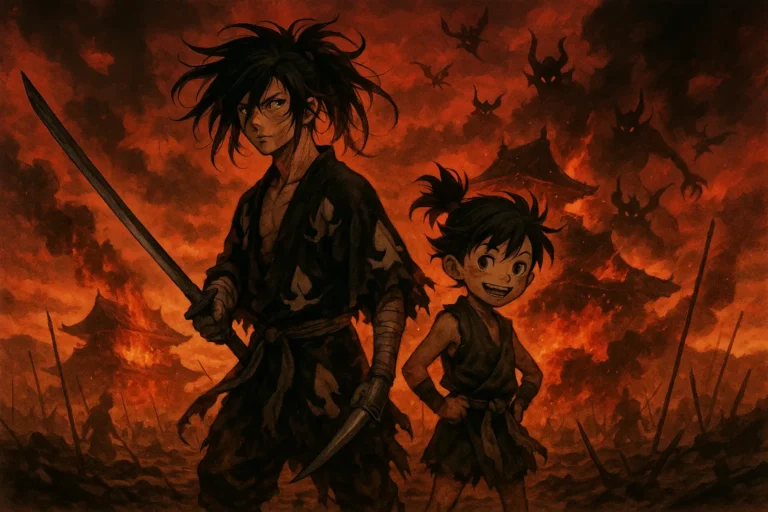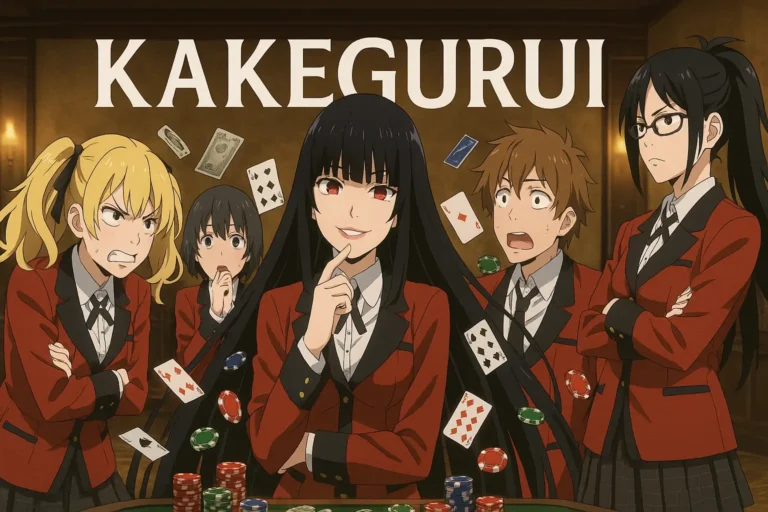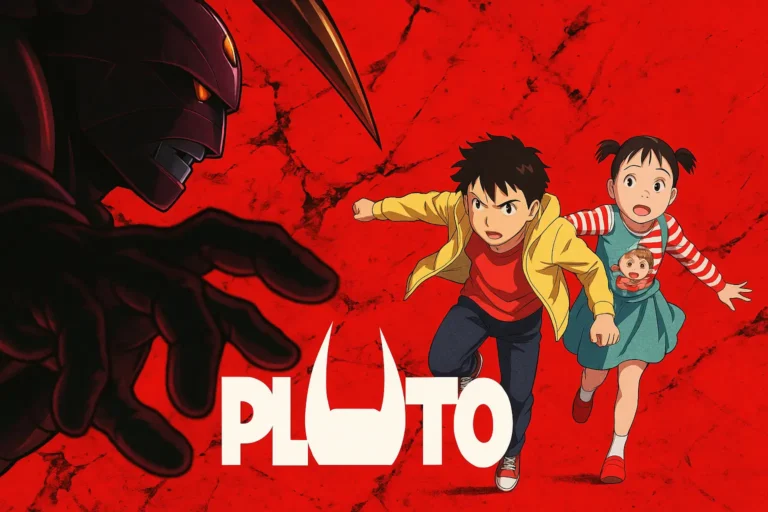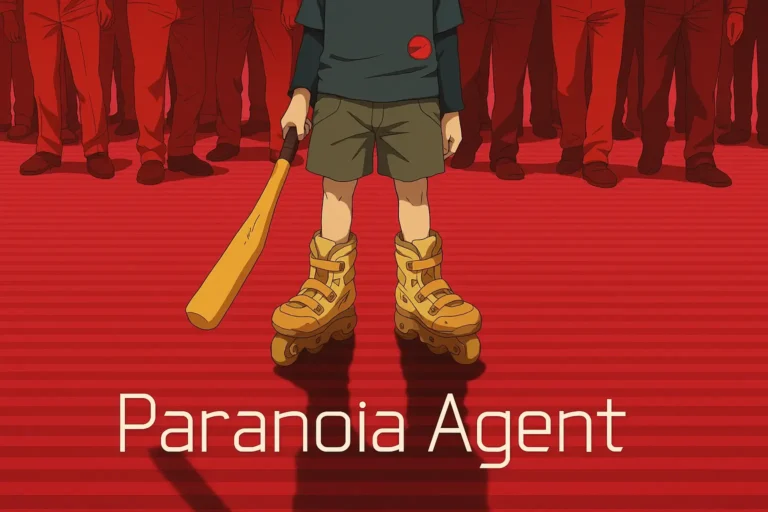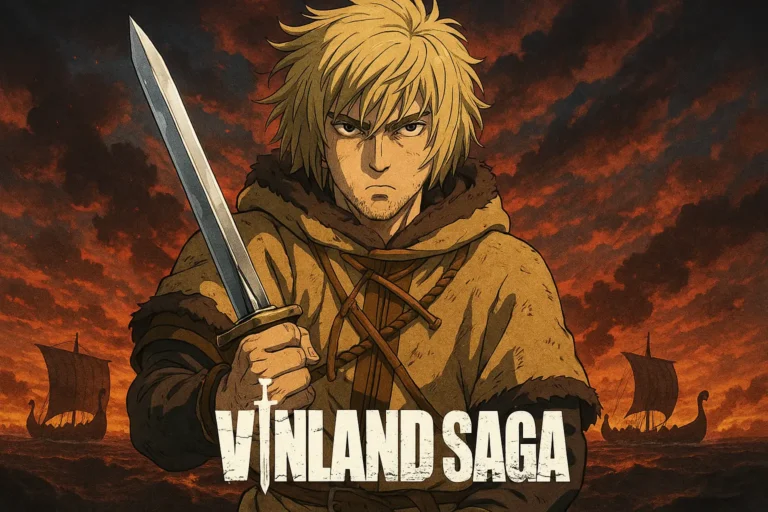Anime The Promised Neverland: A Paradise Built on Deception
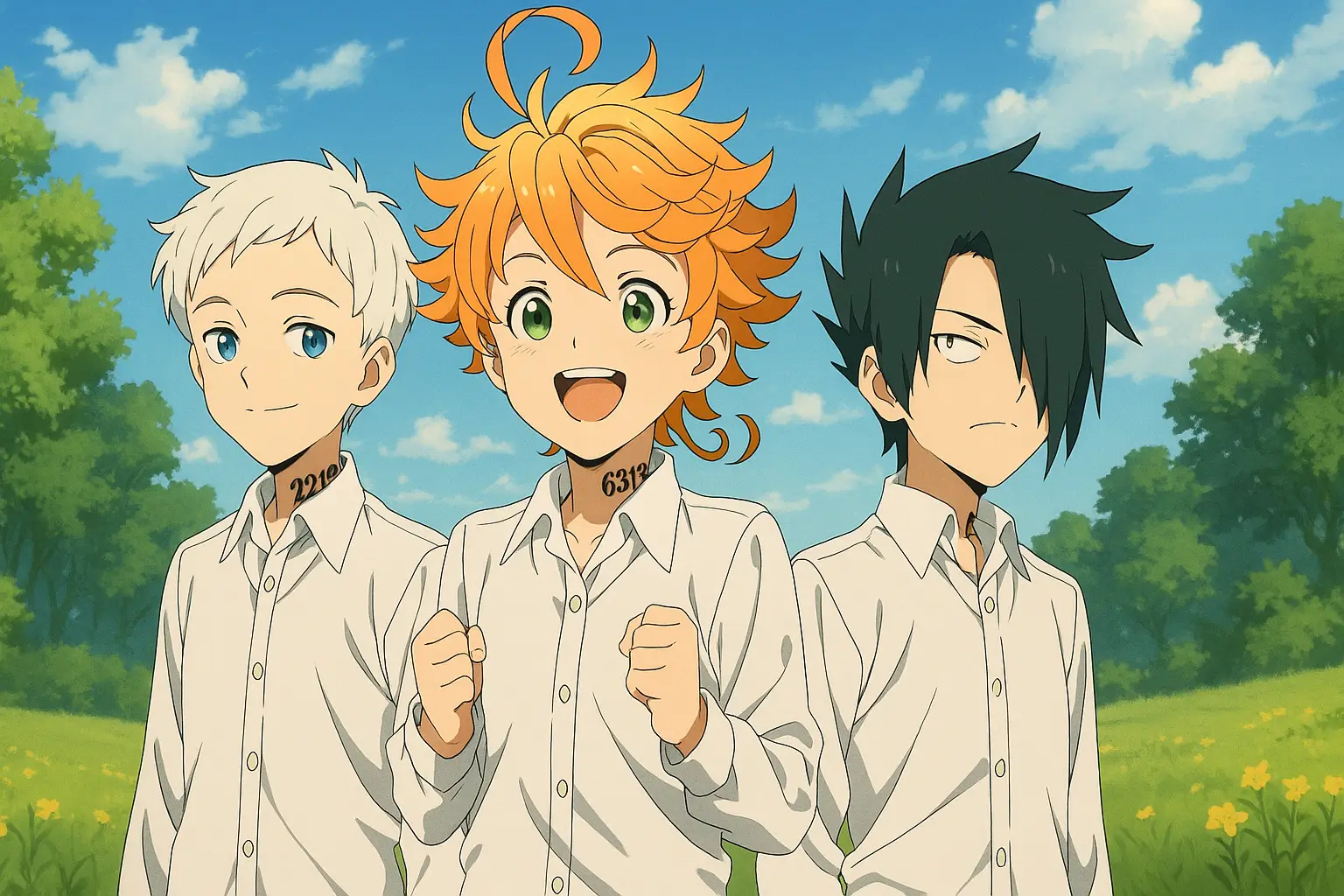
Table of Contents
The Promised Neverland Story
In a seemingly idyllic orphanage called Grace Field House, a group of children live peacefully under the care of their beloved “mother,” Isabella. The smartest among them—Emma, Norman, and Ray—lead happy lives alongside their foster siblings, enjoying good food, quality education, and regular playtime. Their only rule is to never venture beyond the gate that connects the orphanage to the outside world. However, when Emma and Norman accidentally discover the horrifying truth behind their existence, they realize their perfect home is nothing but a carefully crafted farm, and they are merely livestock being raised for a sinister purpose. With this knowledge, the children must use their exceptional intelligence and resourcefulness to plan an escape before they meet their predetermined fate, all while maintaining the facade of innocent, oblivious children to avoid arousing suspicion from their caretaker.
Quick Facts
| Category | Details |
|---|---|
| Genre | Mystery, Horror, Psychological, Sci-Fi, Thriller |
| Episodes | Season 1: 12 episodes, Season 2: 11 episodes |
| Episode Duration | Approximately 24 minutes |
| Age Rating | TV-14 (for disturbing themes and suspense) |
| Production | CloverWorks (2019-2021) |
| Source Material | Manga by Kaiu Shirai & Posuka Demizu |
| Available On | Crunchyroll, Funimation, Hulu, Netflix (region dependent) |
Content Advisory Tags (CAT)
Violence: Medium – The series contains implied violence and threats to children’s lives, but limited graphic on-screen violence. Most horror elements are psychological rather than visual.
Language: Low – Occasional mild language appropriate to the TV-14 rating.
Sexual Content: Low – Essentially none present in the series.
Sensitive Topics: Child endangerment, psychological trauma, existential horror, human trafficking (presented in a fantasy context), discussions of death and sacrifice.
Deep Perspective
The Promised Neverland weaves a tapestry of childhood innocence against the backdrop of unimaginable horror, creating a powerful allegory for lost innocence in a cruel world. At its core, the series examines the commodification of life and challenges viewers to confront uncomfortable questions about sacrifice, survival, and the price of freedom. Like children thrust too soon into adulthood, Emma and her companions navigate a world where ignorance was bliss and knowledge becomes both weapon and burden. The orphanage—once a sanctuary—transforms into a prison of gilded bars, mirroring society’s own beautiful illusions that often mask darker truths. Through these children’s eyes, we witness the birth of resistance and the power of hope against systems designed to consume rather than nurture.
Standout Features
Psychological Chess Match
The series excels in portraying the intellectual battle between the children and their caretakers. Every move is calculated, every smile potentially hiding ulterior motives. This creates nail-biting tension where words and subtle expressions carry as much weight as actions. The children must outsmart adults who have years of experience and institutional knowledge, turning their intelligence into their greatest weapon.
Subverted Expectations
The Promised Neverland masterfully plays with anime tropes and audience expectations. What begins with the aesthetic of a wholesome orphanage story quickly reveals its true nature as psychological horror. The series continues this pattern of subversion throughout, keeping viewers perpetually off-balance and engaged. Just when you think you understand the rules of this world, the series introduces new elements that expand its universe in unexpected directions.
Visual Storytelling
CloverWorks studio delivers exceptional visual direction that enhances the storytelling. The animation uses dramatic camera angles, lighting contrasts, and facial expressions to heighten tension and convey emotions without dialogue. Particularly notable is how the orphanage’s bright, colorful environment gradually takes on more sinister undertones as the children’s perspective changes, reflecting their lost innocence.
Character Development
The show brilliantly develops its young protagonists, particularly the trio of Emma, Norman, and Ray. Each represents different approaches to survival—optimism, strategy, and pragmatism respectively—creating dynamic interactions and moral conflicts. Their growth throughout the series feels earned and meaningful as they’re forced to mature rapidly under extraordinary circumstances.
Shortcomings
Pacing Issues
Season 2 suffers from compressed storytelling that rushes through significant manga material. This results in certain plot developments feeling abrupt or insufficiently explained, reducing the impact of key revelations and character moments. The deliberate, chess-like pacing that made the first season exceptional is sometimes sacrificed for faster plot progression.
Reduced Complexity
While the first season presents morally complex situations with no easy answers, later parts of the story occasionally simplify conflicts into more conventional good-versus-evil narratives. This shift diminishes some of the psychological nuance that made the early episodes so compelling and distinctive.
Recommended For
- Mystery thriller enthusiasts who appreciate intellectual cat-and-mouse games
- Viewers who enjoy psychological horror that relies on tension rather than graphic violence
- Anime fans looking for original premises with strong world-building elements
- Those who appreciate stories featuring intelligent, proactive young protagonists
- Viewers interested in ethical dilemmas and moral philosophy wrapped in compelling narrative
Not recommended for viewers seeking light-hearted entertainment, those sensitive to themes involving child endangerment, or audiences who prefer action-driven rather than strategy-focused narratives.
Final Rating
8/10 – The Promised Neverland earns this high rating primarily for its outstanding first season, innovative premise, and exceptional character writing. While the series doesn’t maintain its peak quality throughout its run, the strengths of its concept, central mystery, and core character dynamics make it a standout addition to the psychological thriller genre in anime. Even with its flaws, it delivers an experience that remains thought-provoking and emotionally impactful long after viewing.
Frequently Asked Questions
Is The Promised Neverland too scary or disturbing to watch?
The series relies more on psychological horror and implied threats rather than explicit violence. Most disturbing elements are suggested rather than shown, making it intense but not gratuitously graphic.
Should I read the manga after watching the anime?
Many fans recommend reading the manga, particularly after season 1, as the anime’s second season deviates significantly and condenses much of the source material.
Is this anime appropriate for teenagers?
While rated TV-14, parental discretion is advised. The themes are mature and potentially disturbing, dealing with existential threats to children, though presented without excessive graphic content.
Does the anime have a satisfying conclusion?
The anime concludes the main story, though many fans consider the ending rushed compared to the manga’s more detailed resolution.

